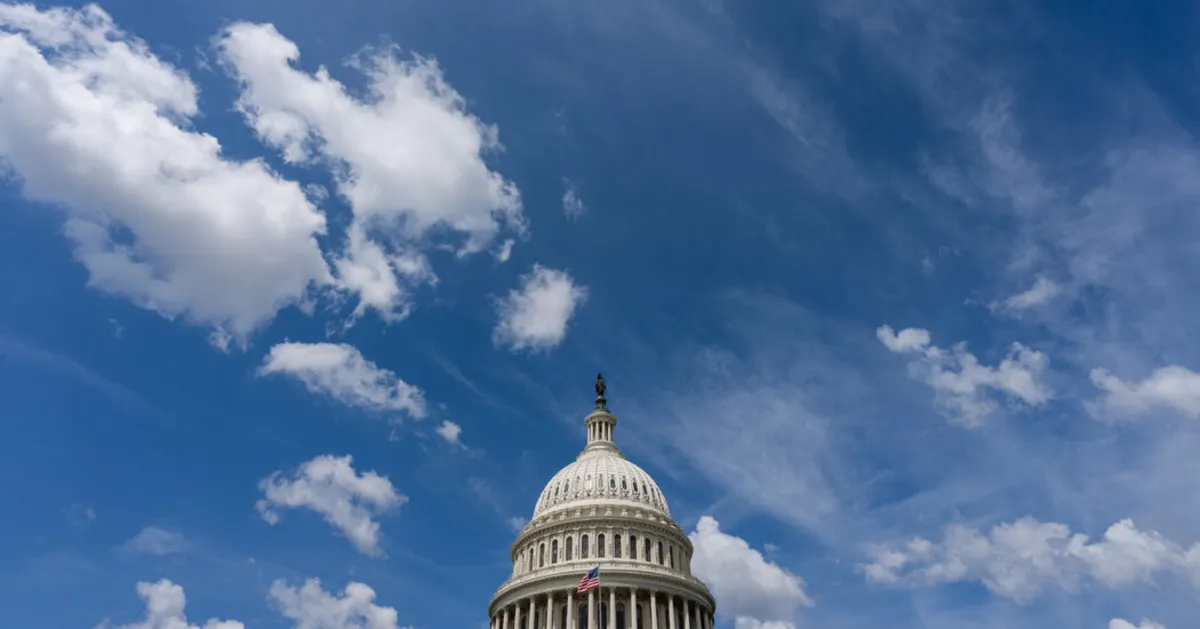
The Pentagon has recently made headlines by barring the senior Democrat on the Senate Intelligence Committee from conducting an oversight visit to a military spy agency. This decision raises significant concerns regarding transparency and accountability within the military, especially in light of ongoing operations that are being conducted without congressional authorization.
In a related development, armed forces off the coast of Venezuela have initiated a military campaign targeting alleged members of a drug cartel. This operation has proceeded without prior authorization from Congress and without notifying key congressional members, further highlighting the growing tension between the executive branch and legislative oversight.
In another significant move, the White House has informed Congress of its plans to utilize a rare legislative maneuver to avoid a vote on nearly $5 billion in foreign aid funding that lawmakers had previously approved. This action represents the latest escalation in the administration's ongoing efforts to undermine the legislative branch's spending powers.
Adding to the wave of administrative changes, Robert F. Kennedy Jr., the newly appointed health secretary, has ousted the director of the Centers for Disease Control (CDC) just a month after senators confirmed his position. Furthermore, he has proposed changes that would effectively limit access to Covid-19 vaccines, contradicting his earlier assurances to senators during his confirmation hearings that he would not make vaccine access more challenging.
The trend of diminishing congressional power has become increasingly evident under the current administration. The Trump administration is seen as systematically eroding the legislative branch's authority, undermining its constitutional prerogatives in both significant and subtle ways. This ongoing situation has sparked concern among lawmakers and analysts alike regarding the future of checks and balances within the U.S. government.
Throughout these developments, Republican leaders have largely remained passive, often appearing to support the administration's actions that compromise their once-guarded powers. Recently, GOP leaders have observed the president's dismissal of several agency heads—including those from the C.D.C., the Internal Revenue Service, and the Federal Reserve—without significant pushback, raising questions about the party's commitment to protecting legislative authority.
The recent actions by the Pentagon and the White House underscore a pressing need for accountability and transparency in governance. As the balance of power shifts, it is crucial for legislators and citizens alike to remain vigilant in defending the democratic principles that uphold the integrity of the U.S. government.
Thank you for your patience while we verify access. If you are in Reader mode, please exit and log into your Times account, or subscribe for full access to The Times. Thank you for your patience while we verify access. Already a subscriber? Log in. Want all of The Times? Subscribe.